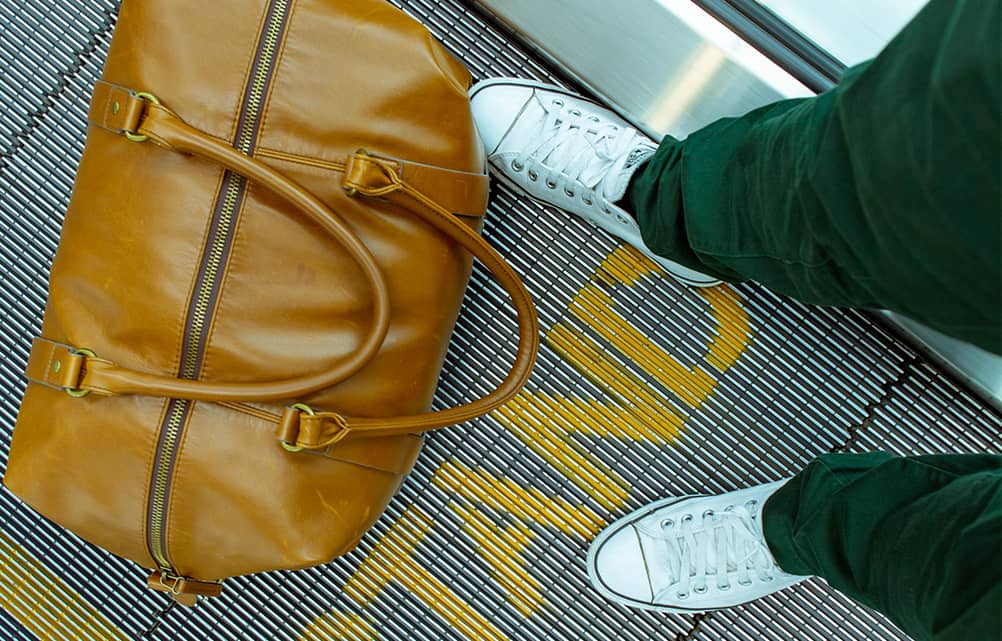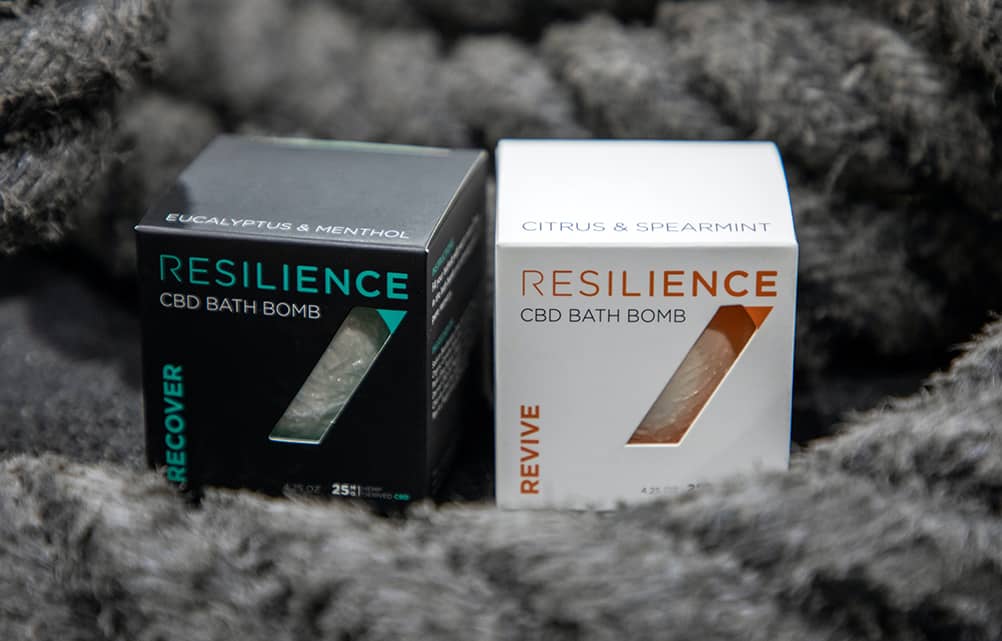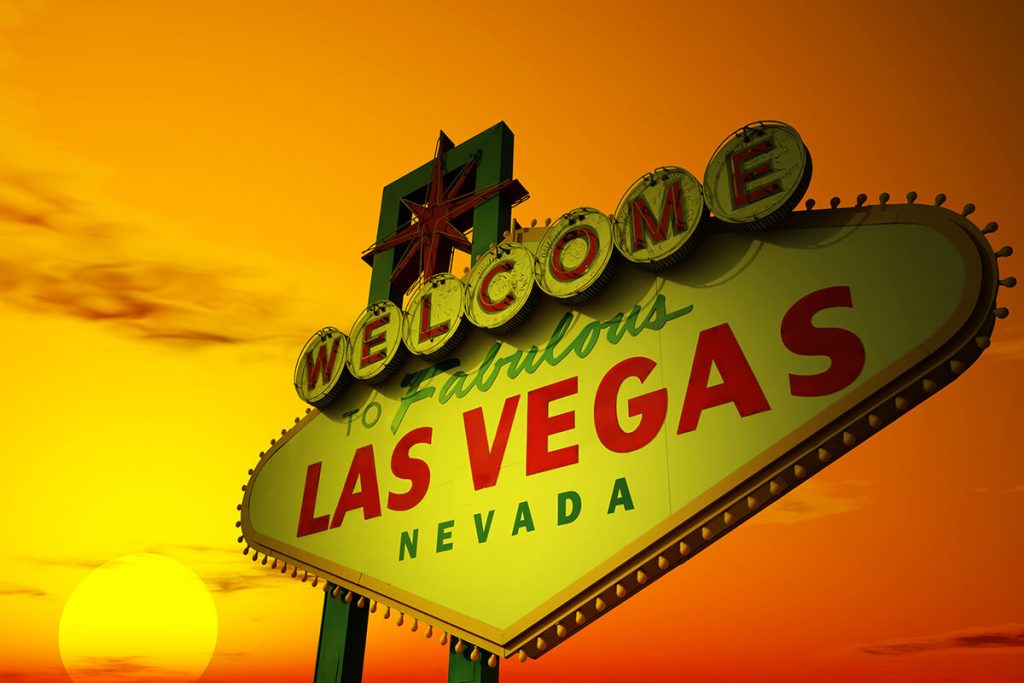Can you take your CBD on holiday in 2022?
[UPDATED March 2022]Even if you don’t rely on CBD in your usual everyday life, it can be a wonderful travel companion, whether it’s to calm your nerves before a flight or relieve an aching back from sitting in the car all day, not to mention the general stress that usually accompanies travel.
But can you travel with CBD oil?
Unfortunately, there isn’t a simple yes or no answer as it depends on where you plan on traveling to and what type of CBD product you have.

Traveling with CBD
There are specific rules about CBD in different US states and other countries that you should be aware of. Quite often, the rules surrounding CBD are confusing and contradictory, so it’s no wonder that there is a lot of misunderstanding when it comes to its legality.
For example, in 2019, a 69-year-old lady got arrested in Disneyworld Florida for carrying a bottle of CBD oil in her bag. All charges were dropped in the end, but she was detained for 15 hours in the meantime…
CBD and domestic travel
If you’re traveling within your state, then you shouldn’t have anything to worry about, but if you’re planning out-of-state travel then you will need to check whether CBD is legal in the states you plan on traveling to or through.
Hemp-Derived CBD
Thanks to the 2018 Farm Bill, hemp-derived CBD is federally legal (hemp is defined as cannabis that contains no more than 0.3% THC), but that still doesn’t mean you can travel as freely as you’d like to with it.
Full-spectrum CBD remains illegal in Idaho and, in South Dakota, CBD is a schedule IV controlled substance.
The complications don’t just end there either as some states’ health departments also restrict certain CBD products, with the most common restrictions being placed on CBD-infused food and drink.
You can check individual local state laws on the NORML website here.

CBD and international travel
Traveling internationally with CBD can also be quite tricky as, firstly, CBD isn’t legal all around the world and, secondly, even where CBD is legal, the THC limits vary from country to country.
Traveling to North America
In Canada, cannabis is legal for medical and recreational use and therefore imposes no restrictions on any type of CBD. Mexico, on the other hand, only allows medical CBD usage. In Jamaica and Costa RIca, CBD isn’t legal but it has been decriminalized, and in all other North American countries, CBD is prohibited.
Europe
CBD is legal in the UK and France, although it must contain zero THC and therefore be a broad-spectrum CBD product that has had all traces of THC removed. [UPDATE: The UK now allows products with up to 1mg THC per bottle or container]
In Austria and Luxemburg, CBD products must contain no more than 0.3% THC and in Switzerland, CBD products can contain up to 1% THC. Despite its reputation as a pro-cannabis country, in the Netherlands your CBD product may contain up to only 0.05% THC. If your next holiday is in Slovakia and Lithuania, then you need to leave you CBD at home as it is still illegal.
Other European countries where CBD is banned include: Albania, Andorra, Armenia, Belarus, Republic of Georgia, Moldova, Monaco, and Montenegro.
Apart from those already mentioned, most other EU countries allow full-spectrum products with up to 0.2% THC in them. However, because laws are constantly changing, it’s definitely worth double-checking the current situation before you travel.
Australia
Like America, different states have different laws, but as of last year (2020), CBD for medical usage is legal statewide, so long as it contains no more than 2% of other cannabinoids.
Asia
Most of Asia is pretty strict when it comes to CBD and punishment can be very harsh. India used to be completely CBD-friendly, but are tightening up their laws as we speak. CBD became legal in Thailand during Covid, possibly in an attempt to lure back tourists (Ed – I’m coming!), but it must contain no more than 0.2% THC.
CBD is also not classed as a controlled drug in Taiwan and is legal in Japan and Hong Kong, as long as there is no trace of THC.
Asian countries that have specific bans on CBD include: Afghanistan, Bangladesh, Bhutan, Cambodia, Indonesia, Iran, Iraq, Kazakhstan, Kuwait, Kyrgyzstan, Laos, Lebanon, Mongolia, Myanmar, Nepal, North Korea (presumably!), Pakistan, Qatar, Saudi Arabia, Singapore, Sri Lanka, Syria, Tajikistan, Timor-Leste, Turkmenistan, The United Arab Emirates, Uzbekistan, and Vietnam.
Most other Asian countries only allow CBD for medical use and some others exist in a legal gray area and, because of the severe punishments associated with Asian countries in general, if you do take CBD with you, I would recommend that you have a doctor’s note and make sure it’s THC-free, just in case.
Central and South America
If you want to take CBD to Mexico, make sure it says “hemp-derived” on the packaging. CBD is also completely legal in both Uruguay and Colombia, allowing CBD products with up to 1% THC.
Countries where we know CBD is banned include: Bolivia, Ecuador, Guyana, Suraname, and Venezuala.
Argentina, Brazil, Chili, Paraguay, and Peru all have “medical use only” laws in place and some may require you to register as a patient in their country before going. Unfortuantely, it’s difficult to obtain information regarding CBD laws from other countries on these continents.
Africa
South Africa allows you to consume a maximum of 20mg of CBD per day and this CBD must contain less than 0.001% THC and less than 0.0075% total CBD.
In Eswatini (formally Swaziland), Lesotho, and Zimbabwe, CBD is allowed for medical use only. CBD is banned in many, if not all, other African countries and possession could land you a hefty fine or a prison sentence.

Flying with CBD
Regardless of whether you’re traveling within America or internationally, you may be considering flying there. If you’re a nervous flyer, then taking CBD edibles on the plane can really help to calm your nerves, but is it ok to take your CBD with you on the plane?
According to the Transportation Security Administration (TSA), both medical marijuana and hemp-derived CBD products are fine to travel with, in your carry-on or checked luggage, although there are special instructions that need to be followed for medical marijuana.
The TSA makes a point of saying that their screening procedures are primarily focused on security, screening for explosives, and other threats to aviation. However, if one of their security officers happens to find your CBD or cannabis (during a routine search) and you’re flying to a state or country where it is illegal, then they have no choice but to refer the matter to a law enforcement officer.
Can you fly with CBD flower?
As long as CBD flower is legal in the state or country that you’re flying to, the TSA won’t have any problem with you flying with your CBD flower. However, you should bring along proof (lab reports) that your CBD flower contains less than 0.3% THC.
Can you fly with Delta 8?
Yes, unless the airline you’re flying with has specifically banned Delta 8 products from its flights, then it is currently OK to fly with Delta 8. However, if Delta 8 is banned in the state you are flying to, then the TSA will report you to the authorities if they find it on you or in your luggage.
Traveling with CBD: 3 Vital Tips
- Always check for specific rules and restrictions regarding CBD in your destination state or country, to make sure that you’re not accidentally breaking the law by entering with a controlled substance.
- For domestic travel, choose high-quality hemp-derived CBD products, that contain no more than 0.3% THC to ensure that they’re legal at the federal level. For international travel, always follow up-to-date guidelines issued by the country you’re traveling to.
- Make sure that you buy your products from a credible and trusted source that provides you with access to a Certificate Of Analysis (CoA). If you’re flying with CBD gummies or tincture, a CoA can be printed out and taken along with you on your journey to prove the product’s contents, including their lack or trace amount of THC.
